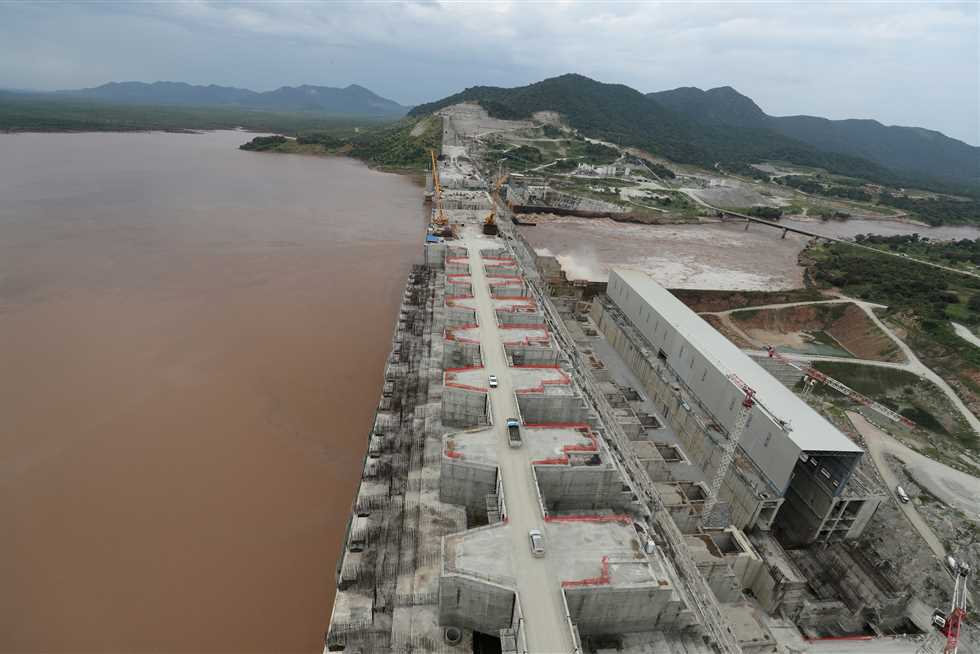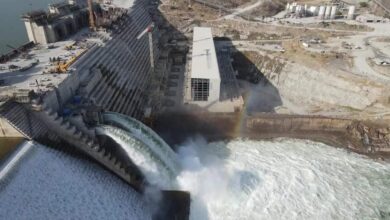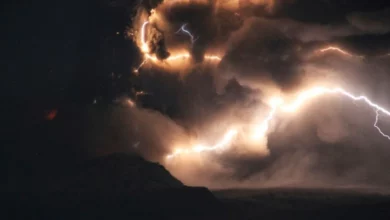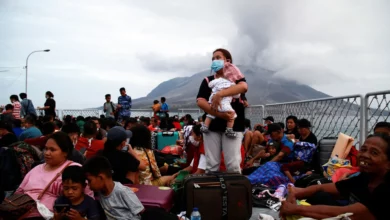
Ethiopia has the most earthquake-prone area in Africa, leaving its ambitious Grand Ethiopian Renaissance Dam (GERD) vulnerable to collapse thanks to the prevalence of presence of faults, canyons and volcanic mountains, professor of water resources at Cairo University Abbas Sharaqy warned on Monday.
Ethiopia has the largest fault line extending to Turkey, splitting the country into two halves, he explained, which is why its land-level is low and there are active volcanoes.
The GERD is in particular risk as rains will fall heavily on it in a short period of time, in addition to the presence of earthquakes, he continued.
During a phone call to the “On My Responsibility” program on the Sada al-Balad satellite channel, Sharaqy pointed out that several dams that have been built in Africa have collapsed due to natural hazards, while the executive company behind the GERD had constructed several dams that had also collapsed.
Sharaky said that Ethiopia has built a dam without conducting comprehensive engineering studies.
He stressed that if the the dam collapses Ethiopia will only lose the money it spent, but surrounding countries will be more severely impacted – especially Sudan.
There is no guarantee that the Ethiopian dam will remain for a long period due to nature, he said, as “Nature is stronger than us.”
Sharaky compared the area on which the High Dam was built with its counterpart in Ethiopia, explaining that Egypt has no fractures or volcanic mountains and is not threatened by earthquakes.
He also warned that opening the gates of the Ethiopian dam would cause floods in Sudan.
The Ethiopian people will not benefit from this dam as they live above mountains, and far from the dam by two thousand meters. He added that Ethiopia does not have an internal electricity network, but aims to sell the electricity only generated from the dam.




